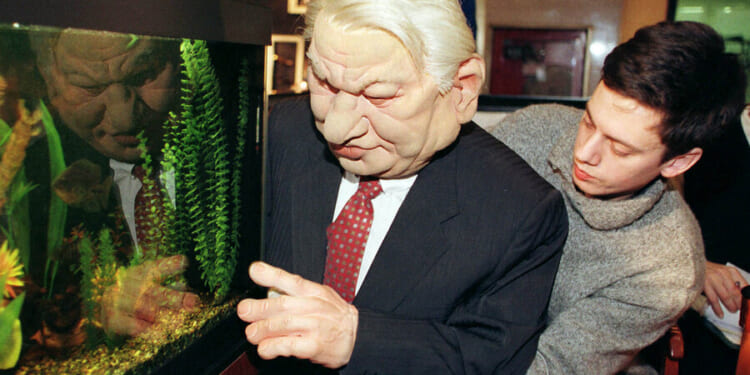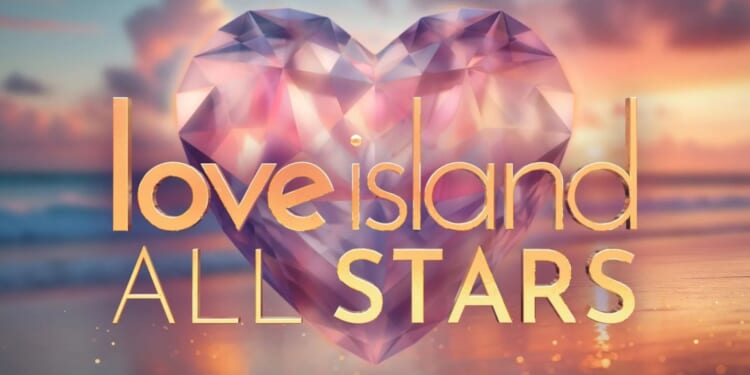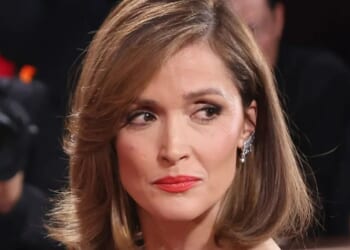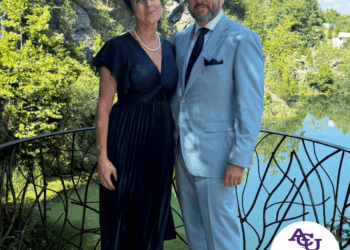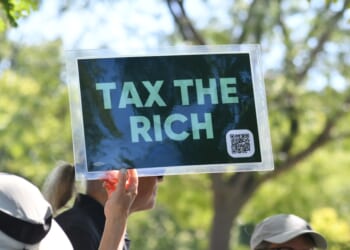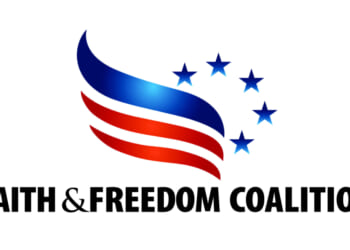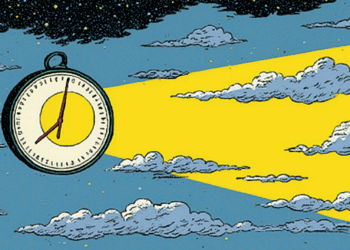Decades before Stephen Colbert and Jimmy Kimmel faced the axe amid shifting political winds in the United States, there was a political satire show in Russia that lampooned the country’s leaders with such devastating effect that two presidents tried to shut it down.
And much like what’s happening in the U.S., the Russian controversy over the satirical puppet show “Kukly” was not simply a matter of differing tastes. Beneath it lay a broader fight over political and societal controls that a newly elected leader was trying to wrest from the country’s media powers.
Parallels are inexact – today’s U.S. is not early post-Soviet Russia, and all the players are very different. But the experience of “Kukly” in Vladimir Putin’s Russia might help shine some light on what is happening between the Trump administration and American media companies now.
Why We Wrote This
The controversy in the U.S. around Jimmy Kimmel being taken off the air under government pressure bears a striking resemblance to the case of “Kukly,” a popular political satire show in post-Soviet Russia that ran afoul of Vladimir Putin.
Popular puppets
Political satire is a precarious business that depends heavily on public support and healthy democratic institutions for its survival. Both conditions were lacking in immediate post-Soviet Russia.
But amid the era’s rough-and-tumble environment, a form of raw press freedom was able to thrive while competing media empires, owned by politically powerful oligarchs, fought each other on Russia’s information battlefield. And very often, that gave the public unprecedented glimpses into how the sausage – of political power – was made.
When Mr. Putin arrived in the Kremlin as president in 2000, he described himself as the antidote to the chaos that had reigned for much of the past decade and, with the approval of many, began setting things in order.
A key symbol of the turbulent 1990s, “Kukly” was a hugely popular weekend show, broadcast on the NTV network owned by oligarch Vladimir Gusinsky. In it, latex puppets styled to look like members of the top political elite – including Western leaders as well – acted out adventures that were usually irreverent, often ribald, always immensely entertaining, and sometimes prophetic. Modeled on successful British and French shows of the same ilk, “Kukly” first appeared 1994, and quickly found its feet as biting political satire.
It went on to air episodes that left Russian audiences breathless with incredulity, including one that cast President Boris Yeltsin and his dour prime minister, Viktor Chernomyrdin, as hard-drinking street bums living amid piles of trash. Others depicted the war in Chechnya as a game of charades, portrayed top politicians as guests on a Dr. Ruth-style talk show, and generally mocked Russia’s criminalized political class. It was a big hit, though not in the Kremlin.
“While Yeltsin was the president, he endured it,” says Mikhail Fedotov, who was minister of press and information in the early 1990s. “It was difficult for him, but he restrained himself.”
Nevertheless, Mr. Yeltsin’s acting prosecutor launched a defamation case against the show in 1995, claiming it demeaned the dignity of political leaders, including Mr. Yeltsin. In the atmosphere of that time, in which political authorities were weak and unpopular, and powerful oligarchs controlled the economy, the case quickly collapsed.
“There were a couple of attempts to put pressure on the show during those years,” says Evgeny Kiselev, a former host of NTV’s top news program and managing director of the network, who now lives in exile. “People laughed at that. It was a puppet show, so who were they going to arrest? Our colleagues supported us in those days, much as Jimmy Kimmel seems to be getting support in his troubles right now.”
Mr. Chernomyrdin, the prime minister who frequently bore the brunt of the show’s satire, broke the ice by inviting his puppet into his office, and together they hammed it up for the media. It became what would be called today a viral moment.
“Soon, most politicians understood that they needed to have a puppet,” says Mr. Kiselev. “If you had one, you were somebody.”
The 1990s were a time of “absolute media freedom,” says Andrei Kolesnikov, an independent political expert. “We had the most interesting and intelligent television ever. But freedom was undermined by the weak economic base of the media, and its use by oligarchic owners for their own political purposes.”
Muzzling media criticism
The atmosphere changed soon after Mr. Yeltsin resigned and named Mr. Putin acting president. In early 2000, “Kukly” broadcast a daring show based on an old German dark fairy tale, “Little Zaches,” that portrayed Mr. Yeltsin introducing a monster-baby – the show’s first Putin puppet – who is grotesque in reality but magically appears beautiful to all. A later episode depicted an aging Mr. Putin still in office 20 years later, ordering police to raid the offices of NTV.
A few police raids took place much sooner, and Mr. Gusinsky, the NTV owner, was briefly arrested. But the main Putin-era methods for curtailing disobedient media proved to be lawfare and corporate takeovers.
Mr. Kiselev says the Kremlin approached NTV with an offer to ease off the network if NTV would in turn lower the temperature of its political criticism, stay away from airing materials about alleged Kremlin corruption, and the “Kukly” show would never again display a Putin puppet. “Anyone else was OK,” he says, “but no Putin.”
NTV did not accept the compromise, says Mr. Kiselev. Within two years, the network had been taken over by the state-led gas corporation Gazprom, which gradually phased out its critical content. A year after the takeover, “Kukly” disappeared from Russian TV screens. It had lasted eight years and aired 363 episodes.
The Putin-era crackdown on the wider spectrum of independent media, including newspapers, radio, and online outlets, took many more years, but employed similar methods.
The now-exiled Russian news outlet Meduza recounts how the Russian equivalent of Mr. Colbert and Mr. Kimmel, the state-TV late night talk show host Ivan Urgant, lasted until 2022, when he was suspended for criticizing the war in Ukraine.
During a visit to Russia eight years ago, Mr. Colbert actually appeared on Mr. Urgant’s show and quizzed his Russian counterpart about how he managed to navigate amid ever-toughening state controls.
Mr. Kiselev says he’s not necessarily pessimistic about how things will turn out in the U.S. Democratic institutions are more entrenched than they ever were in post-Soviet Russia, free speech is a strong tradition, and public opinion has more clout, he says.
“All of us who were involved in the war for NTV miscalculated badly,” he says. “We thought that public opinion and the support of Western government would make a difference. But a lot of people closed their eyes, or accepted the argument that [the takeover of NTV] had nothing to do with politics, that it was all just a commercial dispute.”

